Why a Sunderland photographer is digging the dirt on soil
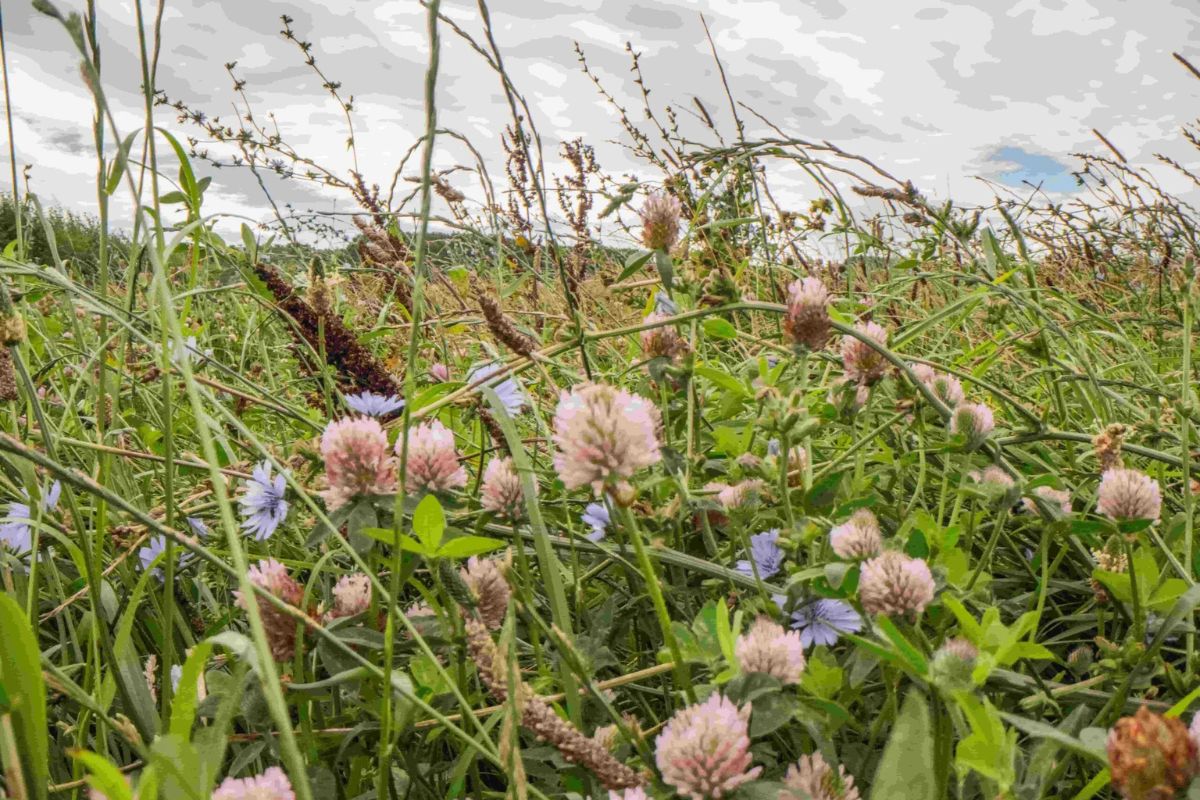
A University of Sunderland photography lecturer is using her latest exhibition to unearth what could be the secret to regenerative farming.
Incentivised by the increasing cost of artificial fertiliser, Northumberland farmer Stuart Johnson naturally restored the soil on his family farm by brewing up his own compost teas, introducing sustainable grazing and planting over 250 in-field trees. With dung beetles and earthworms the crucial collaborators, wildlife is returning to the farm and Stuart won Soil Farmer of the Year 2023.
New images of Stuart’s efforts by documentary photographer and Lecturer in Contemporary Photography at the University of Sunderland, Johannah Churchill, will now be shown in ‘Unearthed: Soil Restoration in Northumberland’ at The Sill: National Landscape Discovery Centre, from November 9 2024 – January 12 2025.
In collaboration with NEPN (North East Photography Network) at the University of Sunderland, Johannah has been commissioned by We Feed The UK, a national storytelling campaign connecting photographers and poets with our most inspiring food producers, to raise public awareness of their positive solutions to climate change, wildlife recovery and social justice.
Johannah said:
“The Johnson farm applies several factors to improve soil health, such as minimising soil disturbance (mechanical and chemical); maintaining living roots in the soil as long as possible during the year; keeping soil covered; maximising plant diversity and introducing a healthy reciprocal relationship with livestock. Using a holistic approach to these principles help minimise soil erosion and surface run-off, controls moisture retention, heat distribution, sequesters carbon, attracts insects and biodiversity and maximises healthy soil biology. It’s incredible work, but not without risks.
“For farmers, the key to all of this is understanding the context in which to apply what (such as risk tolerance, financial decision making, as well as environmental challenges and soil types etc), but the impacts can be astonishing – such as Stu’s experience in the return of curlews to his farm.
“It has been my pleasure to learn from the Johnsons and create an exhibition space in which this hard work is celebrated. There are more living things in one teaspoon of healthy soil than there are people on the planet – it’s magic. Long may his improvements and dissemination of his findings continue.”
Stuart Johnson, of Wharmley Farm in Hexham, said:
“We Feed The UK is important in getting positive stories to the public – the current vilification of farmers needs to stop. There are small pockets of us trying to be better, which We Feed The UK can help the consumer see and understand, whilst also offering hope to farmers stuck in an imperfect system.
“This project proves that there are other ways to do it that can not only enhance biodiversity and battle climate change, but also bring people together and improve financial performance. Everyone wins and that story needs to be told.”
The impacts of climate change present some of the biggest challenges humanity faces and addressing some of these challenges forms a key theme in Northumberland National Park’s management plan.
Talking about why it was important to support the exhibition, Sarah Burn, Head of Engagement, at Northumberland National Park, said:
“We are delighted to host this exhibition and be part of this collaboration because it draws attention to the importance of soil – our lifeblood – and how it can offer opportunities to help combat climate change, and biodiversity loss.
“As a national landscape discovery centre, it is important that we present new ideas and innovation in practise to visitors to raise public awareness, stimulate discussion and encourage people to think about the small changes they can make in their lives to help the environment. Stuart is a local farmer and we’re proud to be able to shine a light on his valuable work and support the local farming community at The Sill.”
The exhibition launch on November 9 will feature live poetry from BBC Radio 4’s Kate Fox.



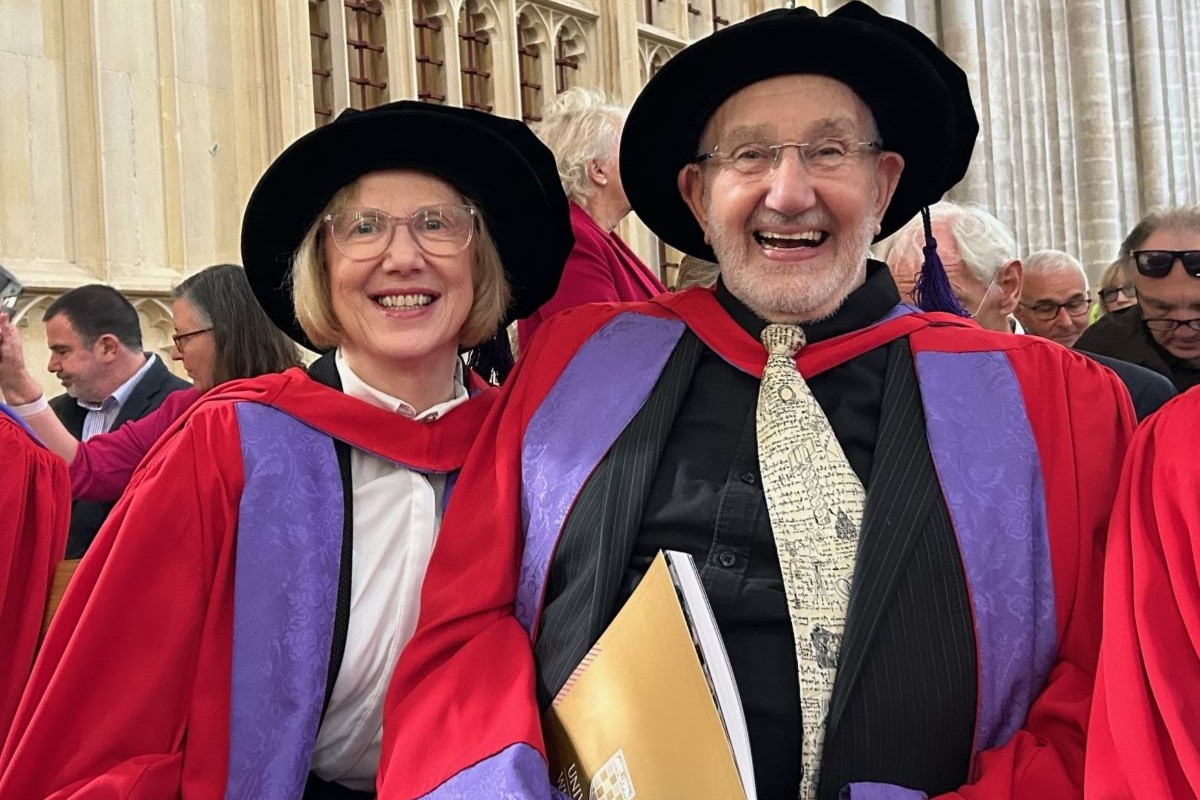


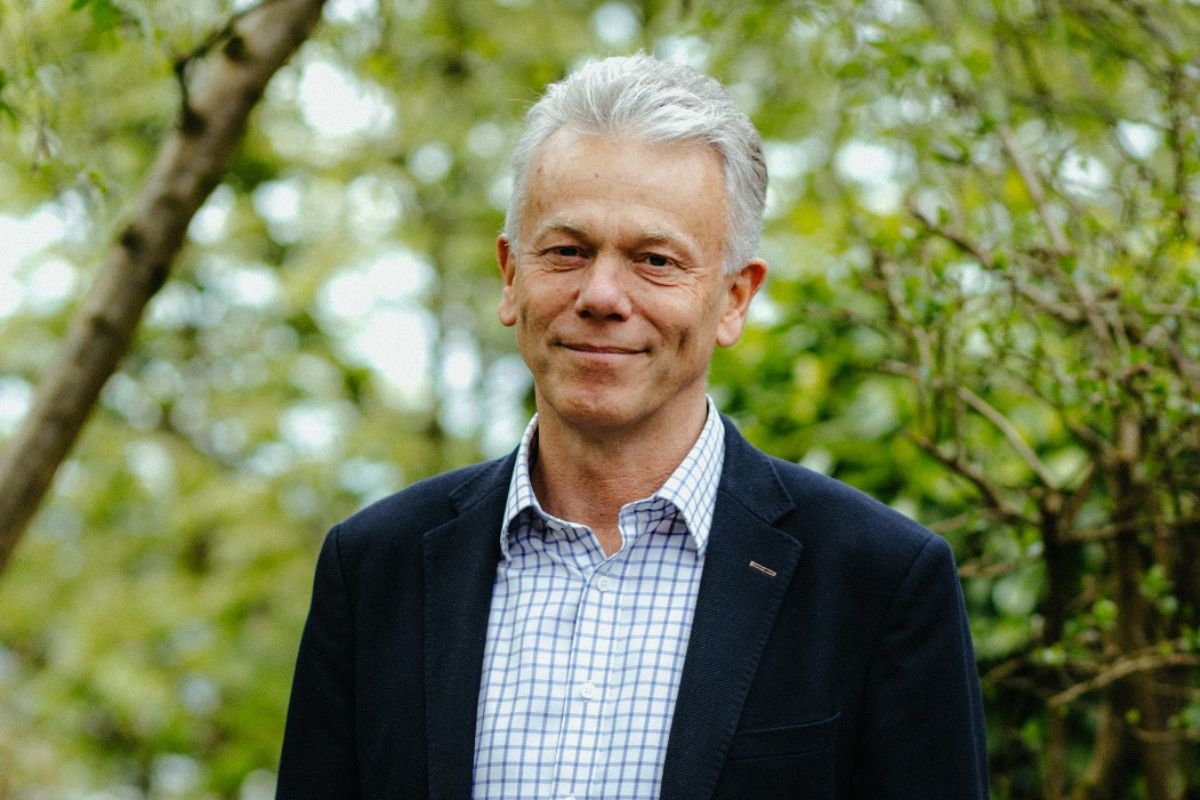
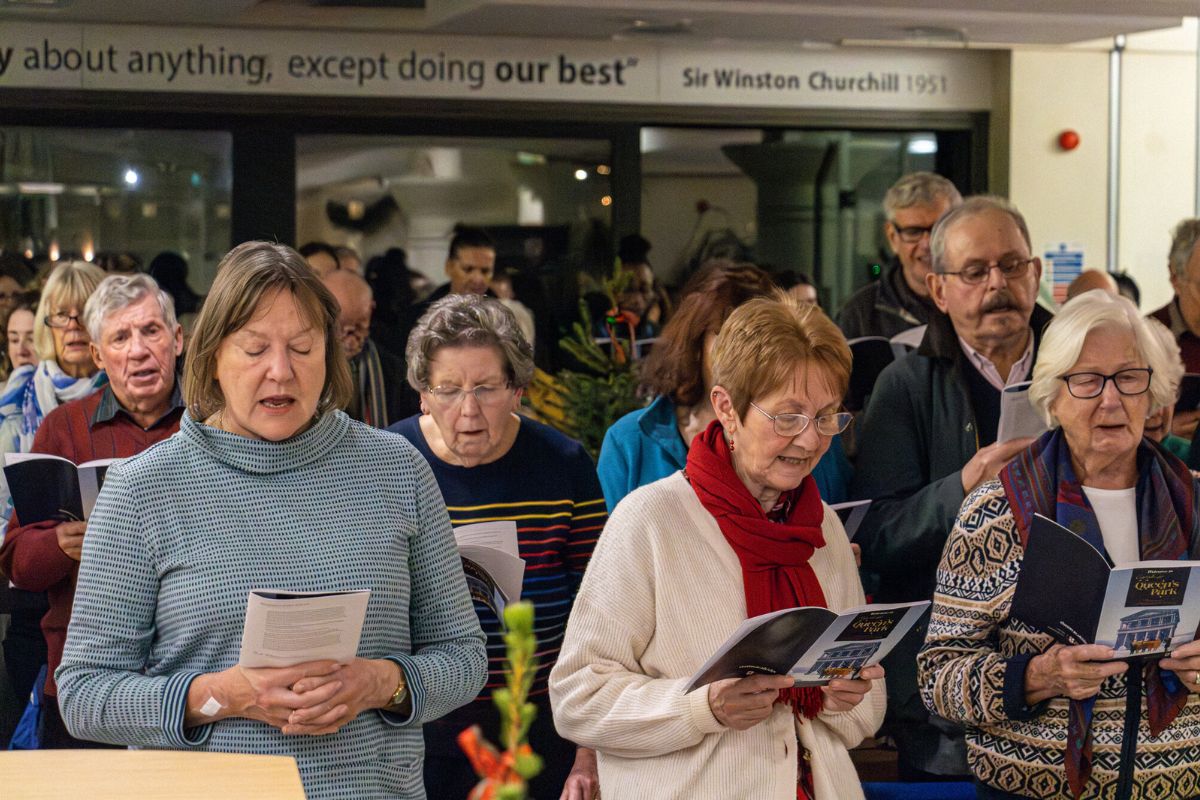
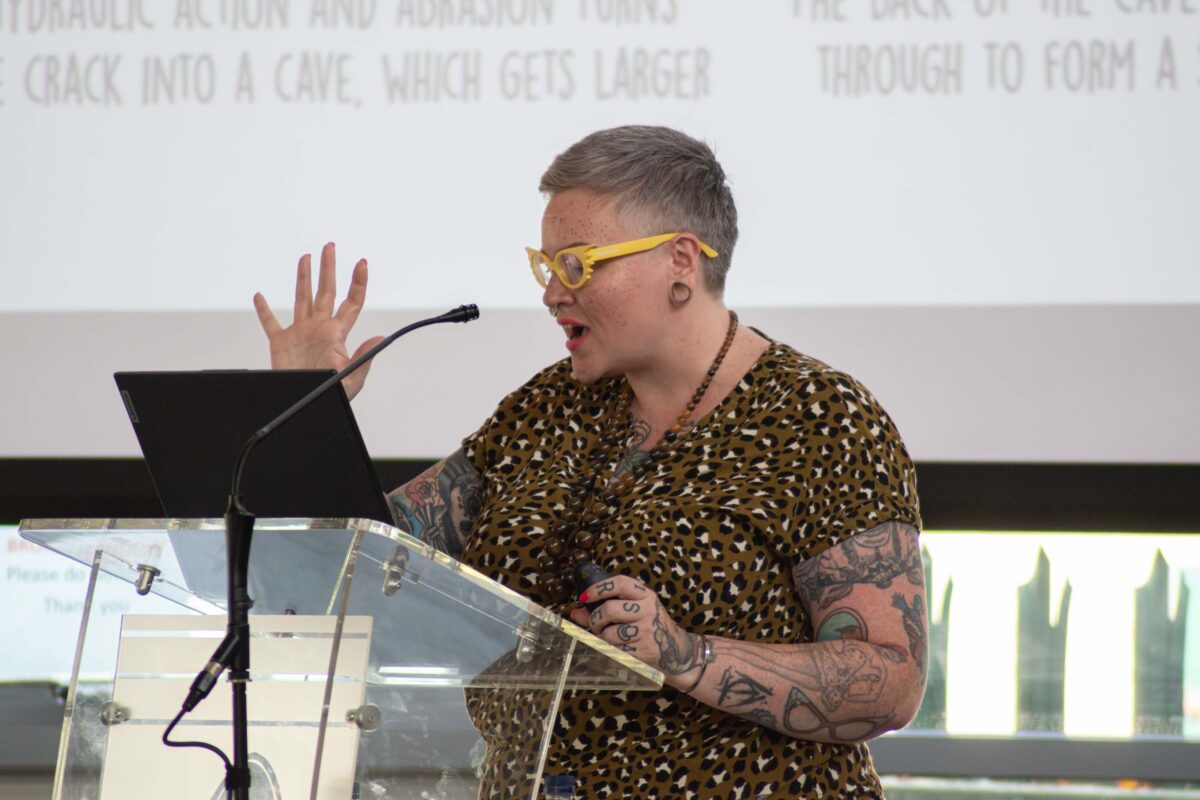
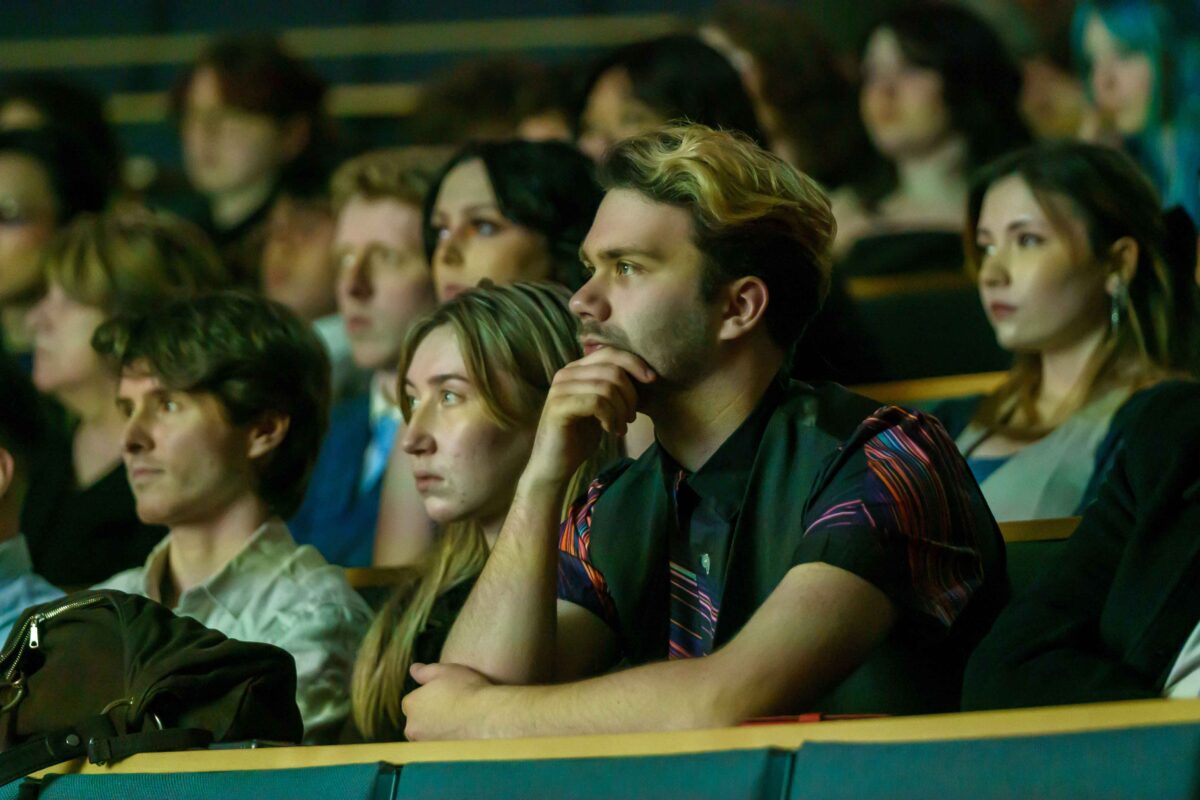

Responses